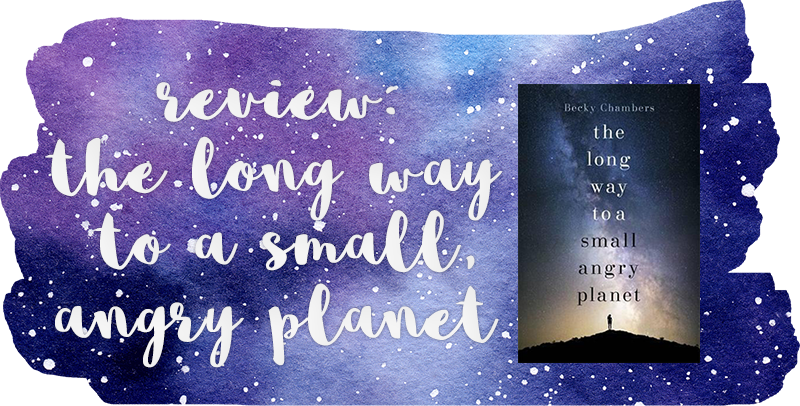Klara and the Sun is a science fiction novel written by Kazuo Ishiguro. The story explores the perspective of Klara, an AI also known as an Artificial Friend (AF), who is highly observant and fascinated by human behaviour.
WHAT I LIKED
This is the second novel I’ve read by Kazuo Ishiguro, the first being Never Let Me Go, which I loved and highly recommend. So when I saw he had written another dystopian science fiction novel, I was very excited. I love how Ishiguro is able to blend science fiction and dystopian elements into literary fiction, which he has done again in Klara and the Sun.
From the first few pages of Klara and the Sun, I was immediately transported into Klara’s world and perspective from the point of view of an artificial intelligence eager to learn about human behaviour. I found myself caring about Klara and the other AFs in the store very early on, while not even knowing very much about what exactly they were. I wanted to know more and felt compelled to keep reading to find out more.
Klara in particular is a very endearing character. I particularly enjoyed reading her curiosity about human behaviour and her trying to comprehend why people act in certain ways. I think Ishiguro was able to convey really well the perspective of an artificial intelligence who doesn’t fully understand the nuances of human emotions and communication.
Much like Never Let Me Go, the reader learns about Klara’s world in dribs and drabs, a slow building revelation. The world is similar to our own, but something is different and off about it and keeps the reader wondering throughout. This was what I enjoyed the most about Never Let Me Go, so I was pleased that Ishiguro had written this book in a similar way.
WHAT I DIDN’T LIKE
Unfortunately, there was a lot I didn’t enjoy about this book from the second half onwards. While the first half was intriguing for the reasons I described above, I felt the plot lost its way in the second half and wasn’t nearly as engaging.
It took far too long to reveal exactly what some of the key dystopian elements of the story were, with some just outright not explained at all which left me feeling unsatisfied. A lot of what was going on in the world was very vague, which is fine at first, but I kept reading in the hope more would be revealed and it never was.
I also didn’t enjoy the direction Klara’s story took in the second half of the book. Certain things I was expecting to happen to Klara by the way the (very predictable) plot twist was going didn’t transpire, which felt anti-climatic. One of the final scenes in the book also made absolutely no sense to me and seemed completely absurd for a science fiction novel. It annoyed me so much I probably would have stopped reading if I wasn’t so close to the end.
VERDICT
I went in with very high expectations for this book, but unfortunately I only rated it 2.5/5 stars in the end. The first half was a solid 4, but unfortunately the second half was very disappointing and the plot didn’t go in a direction that I enjoyed reading. I found myself comparing the plot to Never Let Me Go frequently, which I feel was executed much better overall.











